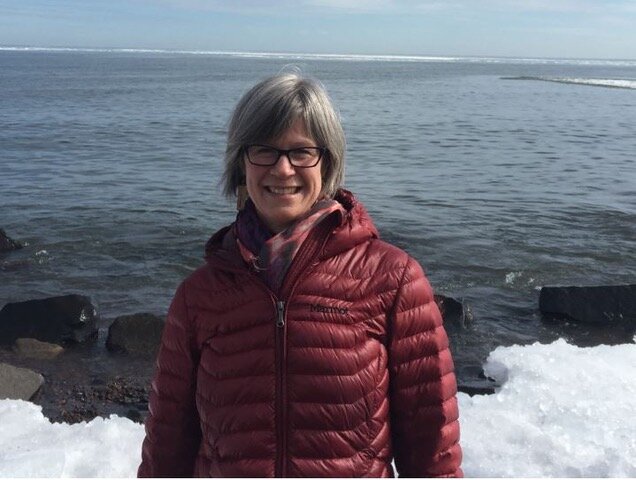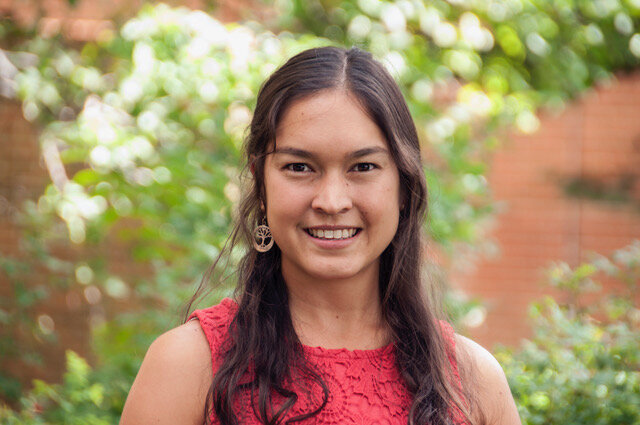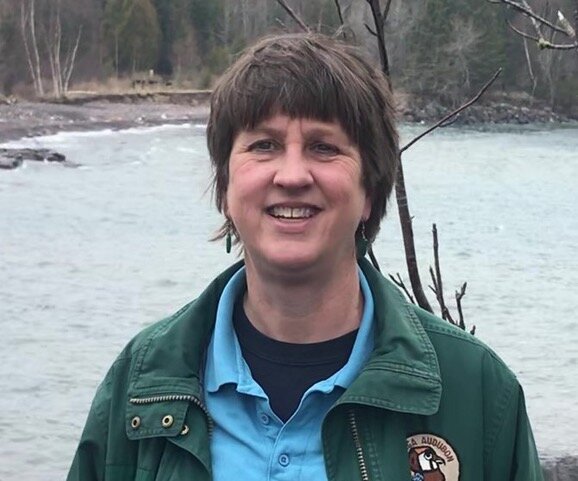Climate Solutions Lunchtime Series: Natural Climate Solutions and Minnesota Forests
In partnership with The Nature Conservancy
Moderated by Sachiko Graber (The Nature Conservancy)
With Dr. Meredith Cornett (Science Director and Climate Lead, The Nature Conservancy), Bryan Van Stippen (Director, National Indian Carbon Coalition/Indian Land Tenure Foundation), and Molly Thompson (Executive Director, Sugarloaf: The North Shore Stewardship Association)
Nature is the ultimate carbon capture technology—we cannot solve the global climate crisis without it. Join this session to learn about the remarkable power of natural climate solutions: conservation, restoration and land management actions that can increase carbon storage in Minnesota and around the world. We will focus on trees and forests, among the most potent of natural climate solutions. Restoring forest cover in deforested areas and managing forests for enhanced carbon storage are two of the most impactful actions Minnesota can take to mitigate climate change. We will bring these practices to life with two examples: North Shore landowners working together to plant a diverse and healthy forest for future generations; and tribal nations managing forests to mitigate human-caused greenhouse gas emissions, while returning profits to reservation economies and communities.
Register for this online event here.
View the full Climate Solution Lunchtime Series here.
Meredith Cornett is the Science Director for The Nature Conservancy in Minnesota, North Dakota and South Dakota. In addition to her position with The Nature Conservancy, she is an adjunct member of the graduate faculty at the University of Minnesota’s Conservation Sciences Program. Meredith’s current work at the Conservancy is focused on Natural Climate Solutions and Resilient and Connected Lands & Waters. She and her family live in the Northwoods of Minnesota, where they tend beehives, harvest sunlight and coexist with neighbors both tame and wild.
Sachiko Graber is the Climate Policy lead for TNC in Minnesota, North Dakota and South Dakota. Her work focuses on scaling climate mitigation and adaptation strategies via policy, corporate support, and community engagement. Sachi’s commitment to climate policy stems from deep passion and experience in renewable energy and community development.
Molly Thompson has been the Executive Director of Sugarloaf: The North Shore Stewardship Association for the past 15 years. Molly has been involved in the interpretive field for over 25 years as a naturalist, Extension educator, nature center assistant manager and executive director. She is originally from Michigan and has lived and worked in NY, Missouri, Wisconsin, Alabama and now Minnesota for the past 15 years. Molly has a M.S. in Wildlife Science from Auburn University and a B.S. in Zoology/Biology from Michigan State University. Molly lives with her husband Doug on 10 acres in Normanna Township, just north of Duluth. She loves basset hounds and currently is owned by two – Lilly and Jem. Molly enjoys birdwatching, Nordic skiing, kayaking, canoeing, biking and walking her dogs.
Bryan Van Stippen (Oneida Nation of Wisconsin) joined the National Indian Carbon Coalition (NICC) from the Ho-Chunk Nation where he served as a Tribal Attorney for the Department of Justice before transitioning to the Legislative Office. As a Legislative Attorney, he was responsible for land acquisition and other land issues, including fee-to-trust, leasing, rights-of-way, and easements. He is a graduate of the University of North Dakota School of Law (J.D.); the University of Tulsa College of Law (LL.M. in American Indian and Indigenous Law); and the University of Arizona James E. Rogers College of Law (S.J.D in Indigenous Peoples Law & Policy).





